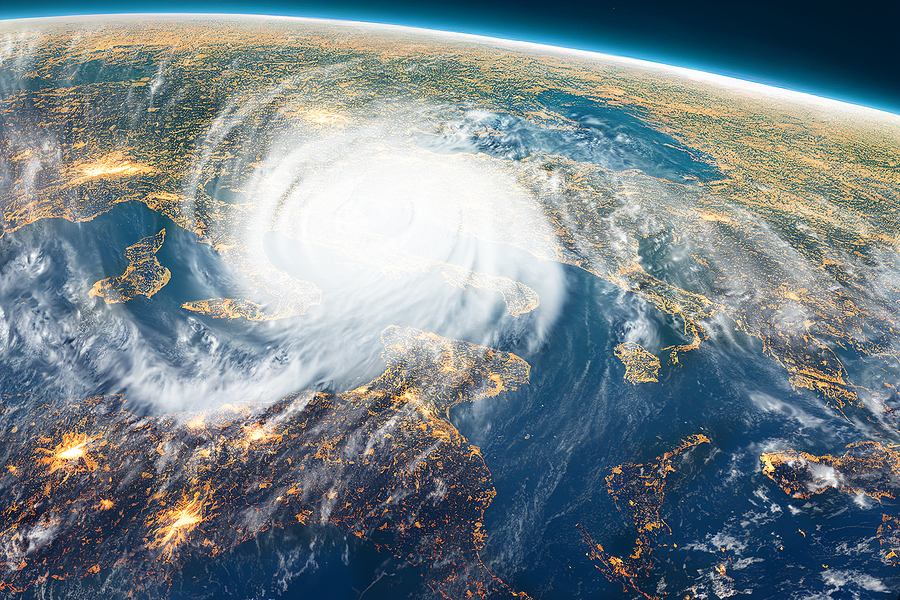Over the last few weeks, nature has been humbling all of us.
Regardless of how powerful, resourceful, and prepared we think we might be for a natural disaster, recent examples from around the world prove that we should never underestimate the power of nature.
Hurricanes Fiona, Ian, and Maria (from a few years ago), along with the torrential monsoon rains in Pakistan, have led to billions of dollars in damages, displaced millions from their homes, and resulted in several thousand deaths. The consequences of climate change are becoming more and more apparent.
It’s no wonder, then, that a new form of anxiety is surfacing. It’s called Climate Anxiety, and although it’s not an official diagnosis, it represents a category of anxious feelings and thoughts that is becoming more prevalent.
According to The Handbook of Climate Psychology, climate anxiety is a ‘heightened emotional, mental or somatic distress in response to dangerous changes in the climate system.’
Strategies for Managing Climate Anxiety
As with any other form of anxiety, there are a few cognitive strategies (thoughts to help you think in more logical, balanced ways) and a couple of behavioural approaches (actions you can take) to manage your anxiety about the environment and climate change.
1. Remind yourself that humans have a history of adapting to crises.
Looking back at history, humans have adapted and persevered through many disasters and emergencies. Whether human-made disasters, such as the destruction caused by war, or natural disasters, such as floods, fires, and earthquakes, societies and civilizations have found a way to adapt. The COVID-19 pandemic, which paralyzed much of the world for two years, is the most recent evidence of our ability to adapt and persevere.
2. Climate change means that the Earth is changing and that we must change with it.
Some people interpret climate change and natural disasters as a sign that the world is ending. However, climate change does not predict Armageddon. That’s a giant leap in thinking and isn’t a logical conclusion.
Granted, I believe that climate change is the planet’s way of telling us that we need to make drastic changes in how we live our lives. But making doomsday predictions prevents you from focusing on what you can do to change in the present moment.
3. Find something that you can do to reduce your carbon footprint.
If you worry excessively about your future and have difficulty staying focused on the present, ask yourself the following question: What can I do about it now?
When you focus on doing something in the present moment, you can feel less anxious about your future. Recently, I came across an informative video interview between Fareed Zakaria and Ezra Klein – two individuals who provide insightful perspectives on current events. Klein’s suggestion on how to reduce climate change? Eat less meat. Fewer farm animals mean less methane gas, which slows down global warming. This just might be my new goal.
Summary
Many events and issues in the world today contribute to our collective stress levels. The warming of the planet and climate change is one of them. But if we turn our anxiety into action, it can slow down the process of climate change and mitigate the level of stress it has on our lives.
I hope this post gives you some ideas for doing just that.
Richard
If you enjoyed this post, then pick up my new book, The Promise Wheel: Psychology For Growth and a Balanced Life. I provide dozens of strategies and insights on how to improve your health, relationships, and career so that you can achieve personal balance, feel less stressed, and have fun again.

